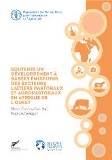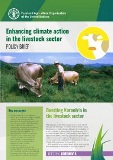Afrique de l'Ouest
En Afrique de l'Ouest, l'élevage est un secteur économique clé qui contribue à une grande partie du PIB agricole de la région. Au sein du troupeau de vaches laitières, plus de 8,5 millions de femelles laitières produisent près de 1,3 milliard de litres de lait chaque année. Au cours de la dernière décennie, la production laitière a augmenté de près de 5%pourcent par an. Toutefois, la croissance du secteur est insuffisante pour répondre à l'augmentation encore plus importante de la demande en produits laitiers, laquelle devrait encore s'accroître au cours des prochaines décennies.
Les systèmes de production pastoraux et agropastoraux d'Afrique de l'Ouest sont adaptés à des environnements difficiles où les ressources naturelles sont rares. Ils fournissent un large éventail d'avantages tels que la production alimentaire, des services socio-économiques (par exemple, la génération de revenus, le transport, l'épargne, l'assurance, la valeur culturelle) et des services environnementaux (par exemple, via le cycle des nutriments, la régulation de l'empiètement et des incendies, le maintien des paysages, des habitats et des ressources génétiques).
La variation saisonnière affecte fortement la qualité et la disponibilité des ressources alimentaires et, par conséquent, la production animale. La transhumance et la diversification des ressources alimentaires sont des stratégies traditionnelles adoptées dans les systèmes de production pastoraux et agropastoraux, mais la variation saisonnière reste une contrainte importante pour la productivité laitière dans les pays d'Afrique de l'Ouest. Étant donné que les changements climatiques aggraveront la variabilité saisonnière et interannuelle des précipitations, ainsi que la fréquence des sécheresses et d'autres événements extrêmes, il est essentiel de s'y attaquer pour améliorer le secteur de l'élevage en Afrique de l'Ouest.

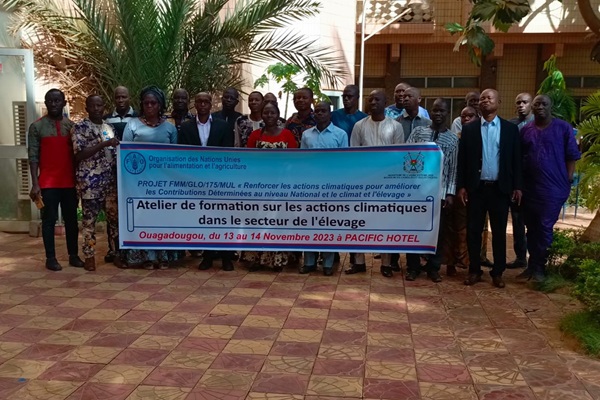
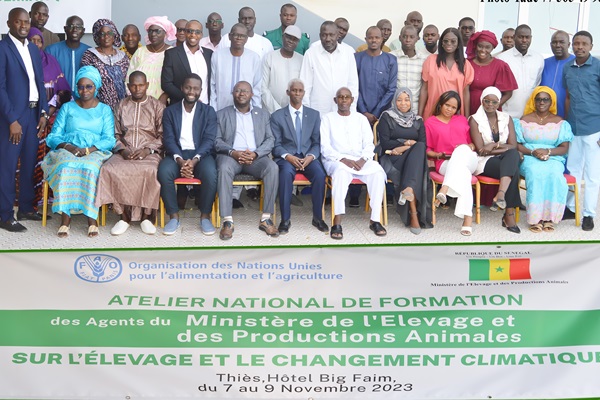
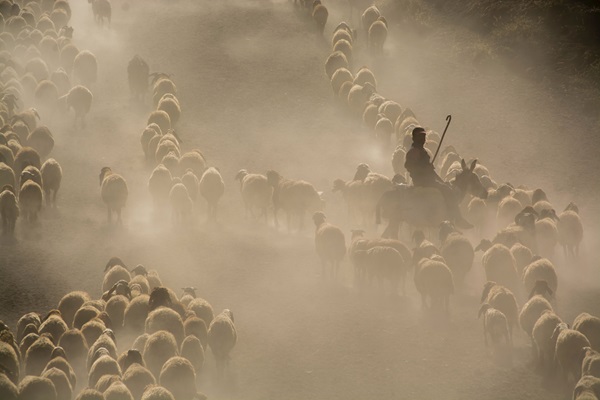
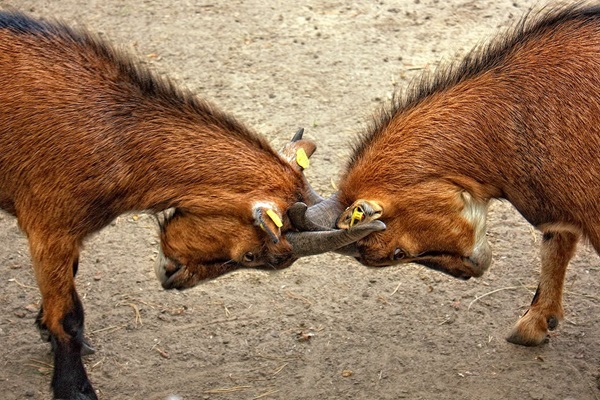
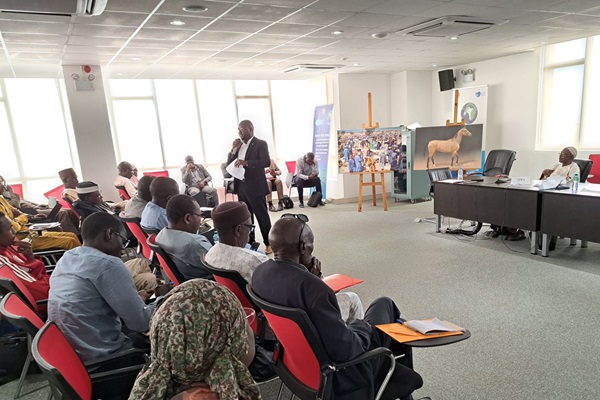

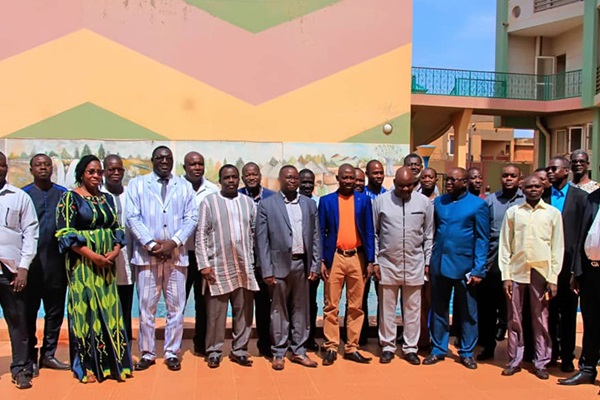
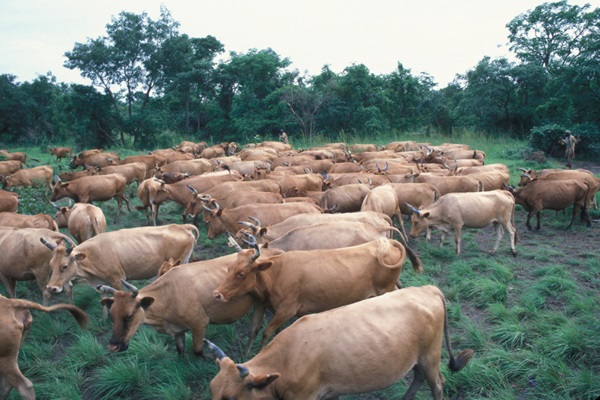
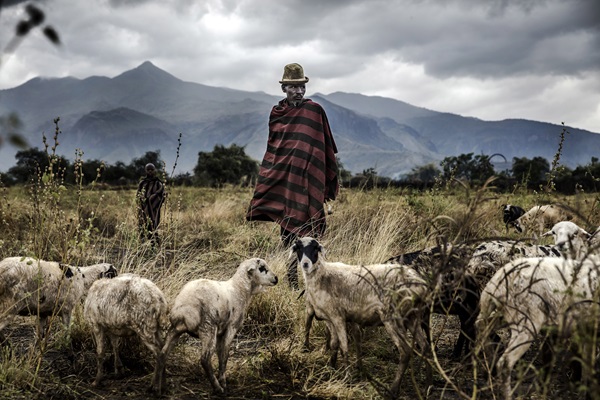


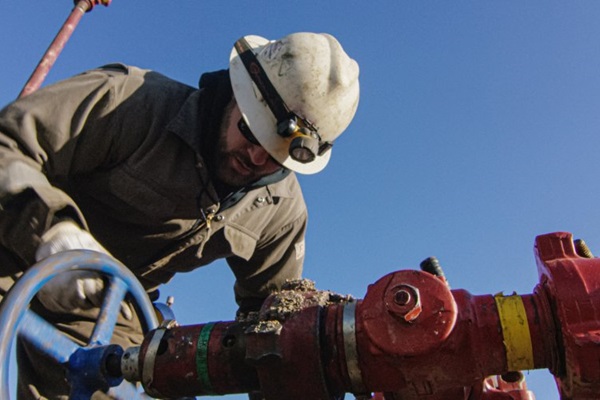


.tmb-th600x450.jpg?Culture=fr&sfvrsn=d1641d27_3)
